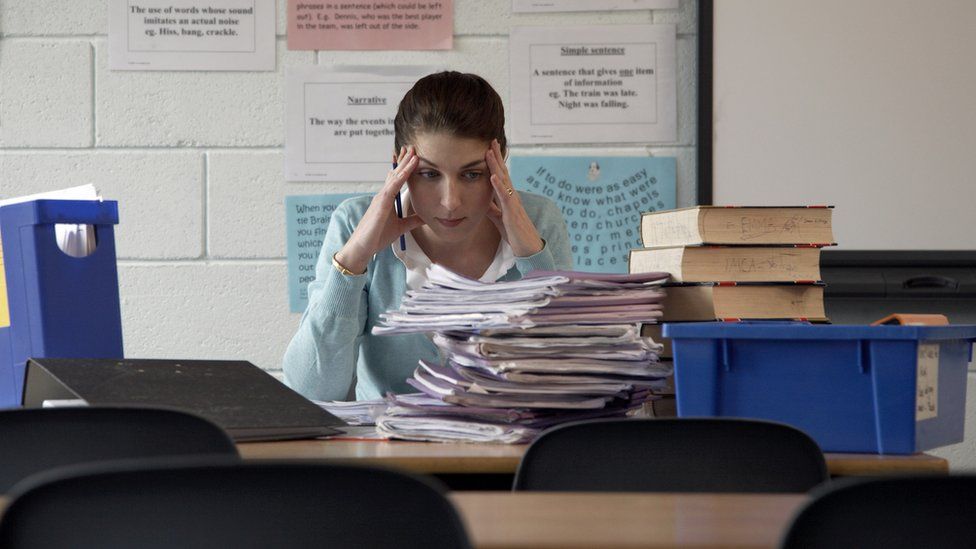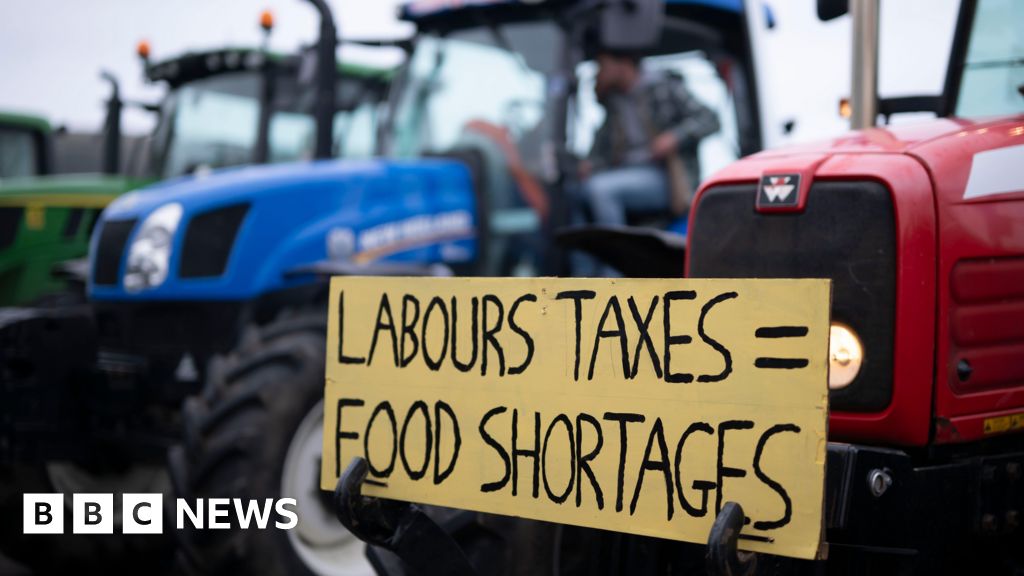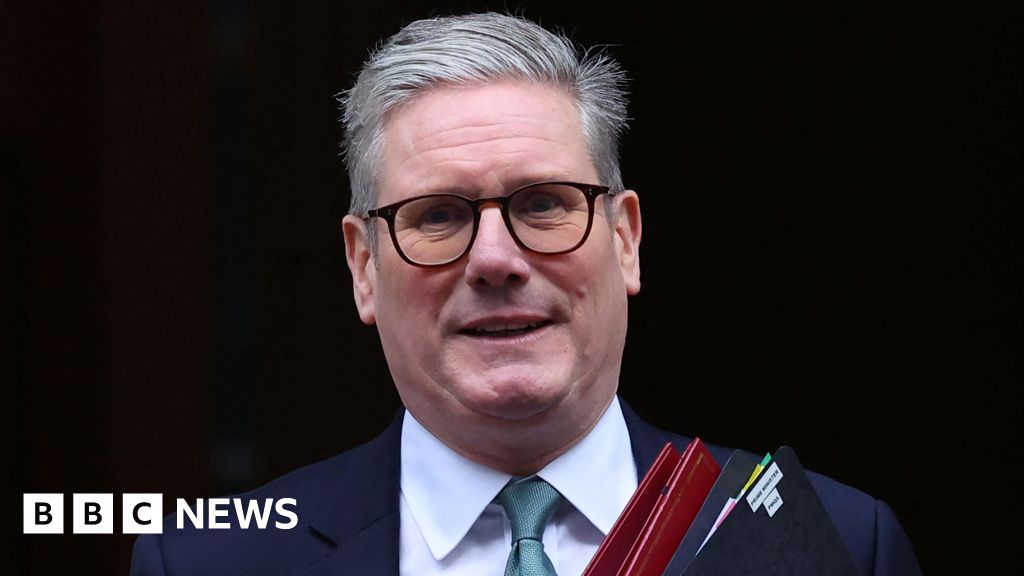ARTICLE AD BOX
 Image source, Getty Images
Image source, Getty Images
Teaching unions say inflation has meant that members have experienced a real-terms pay cut over the last decade
By James FitzGerald
BBC News
Union leaders will meet Education Secretary Gillian Keegan later in what they call a "last chance" to avoid Wednesday's planned strike action.
The National Education Union (NEU) says teachers have experienced a real-terms pay cut over the past 12 years.
It expects around 23,000 schools in England and Wales to be affected in the first of its seven planned walkouts.
Ms Keegan says she is optimistic that the two sides can find "common ground".
Writing in the Sunday Telegraph, she said she was "disappointed" that Wednesday's walkout was going ahead, but she hoped to continue "constructive discussions" on issues including pay.
She reiterated a call for teachers to inform school heads if they intended to strike, in order to avoid "unnecessary disruption", and to ensure safety for children.
But she acknowledged that teachers had no obligation to do so. The NEU has advised its members to ignore the request.
The government is keen that schools remain open during Wednesday's walkout - although this will ultimately be decided by each headteacher.
More than 100,000 teachers are expected to strike, with industrial action expected on the same day from train drivers, university staff, and civil servants.
Monday's talks have been described by the NEU as the "last chance" to prevent the teacher walkout.
Its joint general secretary Dr Mary Bousted told the BBC that the government had so far "failed to engage".
Speaking to the Sunday with Laura Kuenssberg programme, she said no teacher wanted to walk out, but they were doing so because they were "desperate".
Dr Bousted further attacked the Department for Education for missing Friday's deadline for providing information to a pay review body of what would be affordable next year.
Appearing on the same programme, Labour's shadow education secretary refused to say whether teachers should go on strike.
Bridget Phillipson criticised ministers for failing to be "serious" in negotiating, citing the "disruption" the strikes would cause so soon after pupils' education was hit by the pandemic.
Although Wednesday's action is limited to England and Wales, walkouts are planned across the whole UK by the NEU and other unions.
Teacher salaries in England fell by an average of 11% in real terms between 2010 and 2022, after taking rising prices into account, says the Institute for Fiscal Studies.
Most state-school teachers in England and Wales received a 5% pay rise in 2022.
In Northern Ireland, many teachers were offered 3.2% for 2021/22 and 2022/23. In Scotland, teachers have rejected both a 5% increase and a more recent offer of up to 6.85%.
Ms Keegan says the government has provided an extra £2bn in school funding, insisting that this meets union demands.

 1 year ago
21
1 year ago
21








 English (US)
English (US)